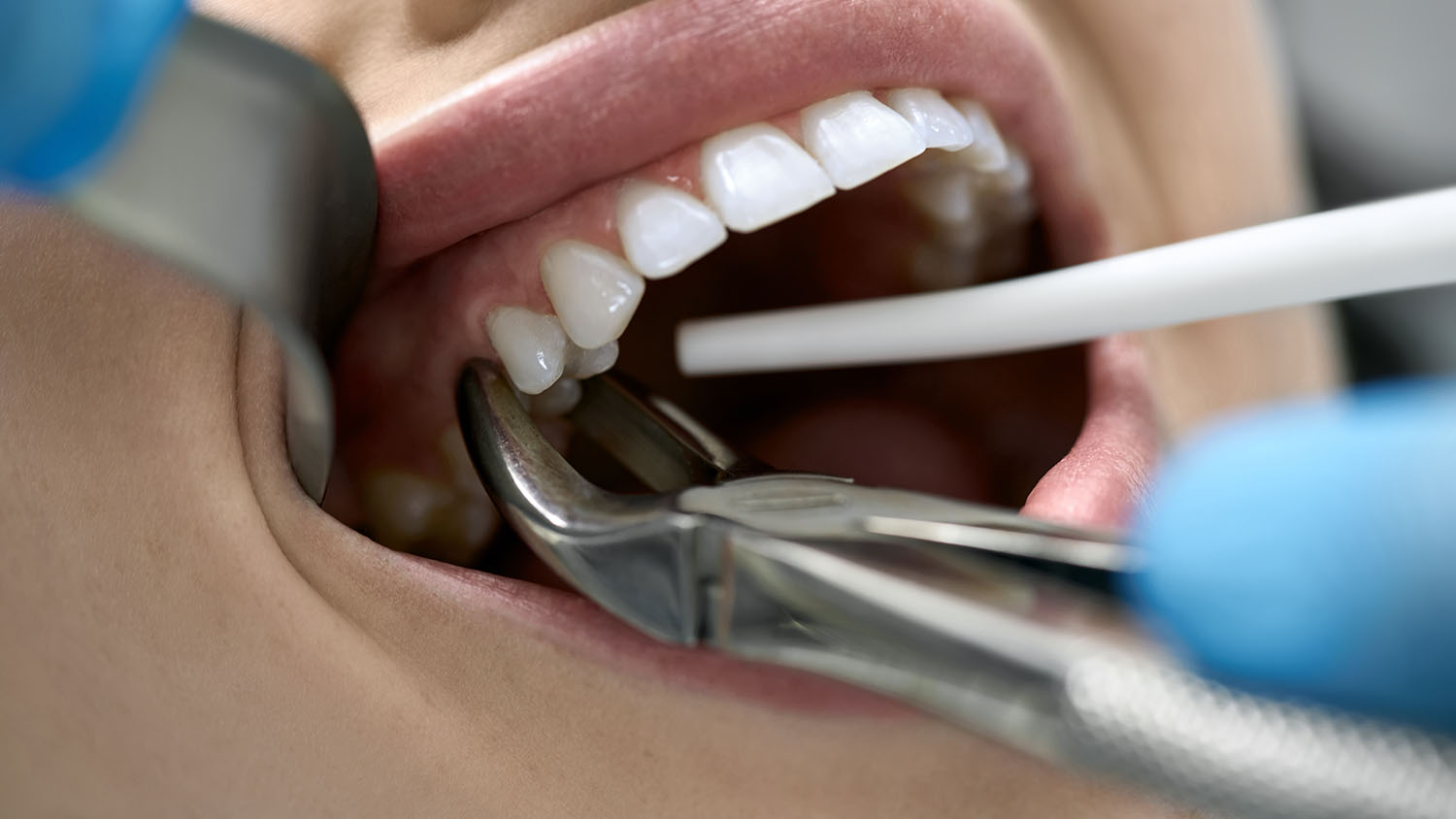Lifestyle
Is Salt Water Rinse A Healthy Remedy For Toothache?

Is salt water rinse a healthy remedy for toothache? What other points of importance should one note about toothache?
The above two questions are part of the common ones that individuals usually pose.
For a start, saltwater rinse, is a natural disinfectant, but then, it is not the only remedy for toothache as the following article adapted from a Cleveland feature shows:
Rinsing with warm saltwater rinse can reduce inflammation, heal wounds in your mouth and offer toothache pain relief.
The Remedies For Tooth Ache & How To Go About Them
- Mix 1/2 teaspoon of salt into 8 ounces of warm water. Swish for 30 seconds, and then spit it out.
- Hydrogen peroxide rinse
Rinsing with hydrogen peroxide can also ease tooth pain and inflammation. It helps heal bleeding gums, too. If you have a history of gum disease, this might be a good step to try.
You should never rinse your mouth with pure hydrogen peroxide. Be sure to dilute it with equal parts water. After swishing, spit it out in the sink. Don’t swallow.
- Ice packs
Applying ice to the affected area helps shrink blood vessels and reduce pain and inflammation. You can wrap a bag of ice or frozen veggies in a clean towel, and then hold it against your outside jaw for about 20 minutes. Repeat several times a day.
READ ALSO: Implications, Remedies For Right Side Headache, Which Almost Killed Me Yesterday
READ ALSO: Revealed: Sleep Position That May Be The Secret To Financial Success
What remedy for toothache is advisable?
You can’t always prevent toothaches. Sometimes, they occur for reasons out of your control. But there are things you can do to reduce your risk:
- Brush your teeth two to three times a day using a fluoride toothpaste and a soft-bristled toothbrush.
- Floss between your teeth once a day.
- Use an antibacterial mouthwash twice a day.
- Limit your intake of sugary foods and drinks.
- Visit your dentist regularly for exams and cleanings.
- Ask your dentist about sealants and fluoride treatments.
When should I see a dentist?
Call a dentist right away if you develop:
- A toothache that lasts longer than two days.
- Swelling in your face or jaw.
- Pain when opening your mouth wide.
- When should you go to the ER for a toothache?
You should head to your local emergency room if you have:
- Swelling below your eye or a knot on your jaw.
- Unbearable tooth pain that doesn’t get better with medication.
- Bleeding that won’t stop with applied pressure.
- A fever over 101 degrees Fahrenheit (38.33 degrees Celsius).
Can a toothache go away on its own?
Tooth pain can go away on its own in certain situations. For example, if you have irritated gums from biting into something hard, your discomfort will likely go away in a day or two. But a true toothache — pain that originates from the tooth itself — usually means you have an issue that needs treatment.
If you have a toothache — whether it comes and goes or lingers — you should see a dentist as soon as possible. Treating the issue early can keep it from getting worse or causing more pain.
How can you tell what kind of toothache you have?
READ ALSO: Key Facts To Know About Universal Health Coverage (UHC)
READ ALSO: Healthcare Financing, Universal Health Coverage Dialogue Begins
The short answer is that you can’t know for sure until you see a dentist. But generally:
- A dull, persistent toothache could mean you have an infected tooth. It could also be a sign that you grind your teeth when you sleep.
- A sharp, stabbing pain might mean that you have a cavity or crack in your tooth. Sometimes, it means there’s an issue with an existing filling or crown.
- Severe, throbbing pain could mean that infection has invaded your tooth pulp.
- Sensitivity to heat and cold could indicate a number of things, including cavities, cracks or gum disease. If the pain goes away quickly, it could mean that you have worn enamel.
-adapted from Cleveland

















